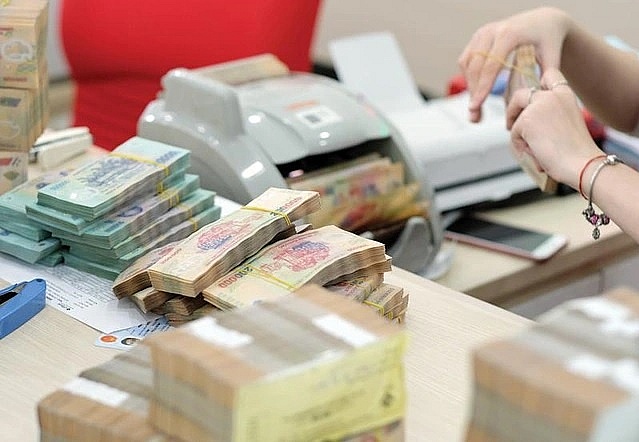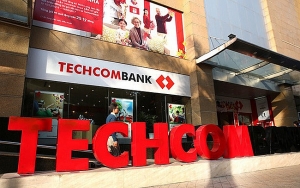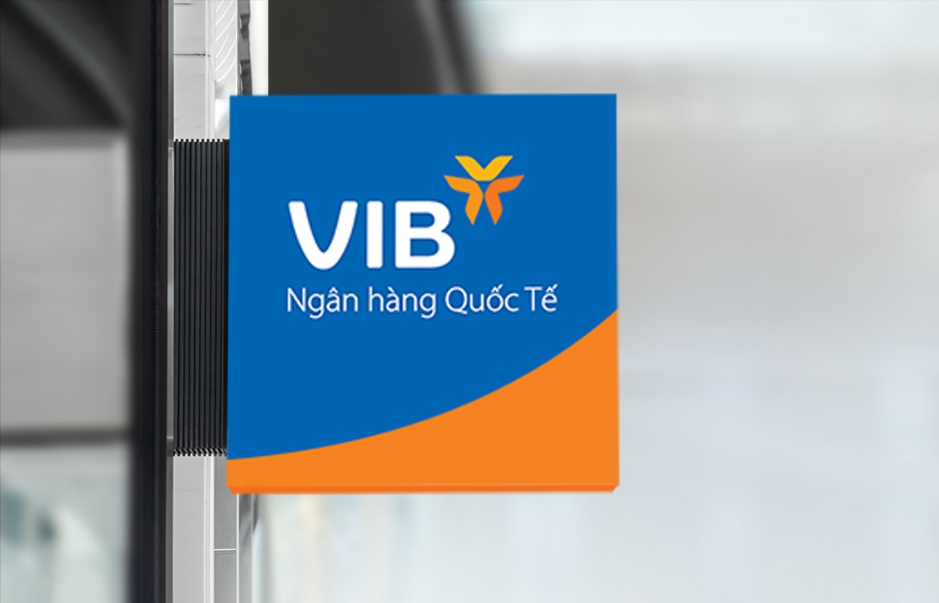“Substandard” banks failing with cross-ownership norms
Concerns regarding the escalating prevalence of cross-ownership within Vietnam’s rapidly expanding financial were voiced by experts such as Le Dat Chi from the Ho Chi Minh City University of Economics at a seminar last week. The practice of cross-ownership is becoming increasingly sophisticated, evolving from direct lending based on asset mortgages to the issuance of corporate bonds. This transformation is driven by the fast-paced development of the Vietnamese financial market and its increasingly complex institutions.
 |
| “Substandard” banks failing with cross-ownership norms, photo vtv.vn |
“Insider lending is not new and has been observed in other countries too,” said Chi. “But in Vietnam, regulations remain somewhat loose.”
Chi explained that the instruments of cross-ownership have evolved since the mid-1990s, when the law on credit institutions was first introduced. Today, it is not only about one bank owning shares in another, but includes an entire ecosystem with various tools such as share pledges in banks and using those shares as collateral.
Ho Quoc Tuan, a lecturer at the University of Bristol, said eradicating cross-ownership in the banking sector was challenging. The introduction of independent board members in banks is not a foolproof solution, as such members can easily be circumvented without the necessary expertise or by appointing trusted individuals despite shareholders’ objections.
Based on international experience, Tuan suggested the need for a different mechanism to select independent board members, one not reliant on the number of votes. “For example, Germany implements a model where certain board members are appointed irrespective of their shareholdings. However, this model has limitations and requires careful consideration before application.”
The secondary defence is the imposition of penalties. In some Western countries, there is also the concept of class-action lawsuits, where all aggrieved minority shareholders sue collectively. If successful, all the suing shareholders are compensated, which can amount to a significant sum.
“If there is no suitable sanction mechanism, it is challenging to deter enterprises,” Tuan said. “Ensuring the independence and capability of board members, alongside implementing stringent sanctions, are crucial steps in unravelling the knot of cross-ownership and establishing better corporate governance within Vietnam’s banking sector.”
A stricter punishment, even exceeding the benefits gained, should be in place to deter its recurrence. Prof. Tran Ngoc Tho, from the University of Economics and Law in Ho Chi Minh City, argued that inter-ecosystem loans and artificial capital contribution did not add value to the economy. In several countries, if such practices are discovered, all artificial capital is deducted from the bank’s total capital. “Vietnam’s cross-ownership situation differs from other countries,” Tho said. “It primarily revolves around a few tycoons with control over banks and property lending. Lending to real estate conglomerates has inflated Vietnam’s property prices, causing significant damage to the economy.”
Last month’s National Assembly (NA) session raised similar concerns. Lawmaker Trinh Xuan An from the southern province of Dong Nai suggested a review of whether the number of banks in Vietnam, currently around 50, is excessive for the country’s economic scale.
A number of these banks, according to An, fail to meet standard requirements and calls for legislative measures to set up technical barriers against non-transparent, substandard banks. Thus far, there are no regulations to control conglomerates with essential banking links, as evidenced by the case of Van Thinh Phat Corporation and its 760+ related enterprises. This staggering figure disrupts banking, securities, and real estate markets, legislators said.
The resolution of this issue in practice needs to be clarified. Questions were raised about whether the root of cross-ownership stems from legal regulations or their implementation. An evaluation of the impact on shareholders who currently own more shares than the draft regulation allows is also needed.
Tran Chi Cuong, an NA deputy from the central city of Danang, suggested to restrict manipulation in banking operations and curb cross-ownership, the draft law should be amended to impose limits on the capital contribution and share purchase by credit institutions.
 | Techcombank locks foreign ownership ratio at 22.5 per cent The Ho Chi Minh City Stock Exchange (HSX) has just announced that the Hanoi-based commercial bank Techcombank confirmed setting its foreign ownership limit at 22.4908 per cent. |
 | SHB temporarily locks foreign ownership ratio at 10 per cent Saigon-Hanoi Commercial Joint Stock Bank (SHB) confirmed that it would temporarily lock its foreign ownership ratio at 10 per cent, and is now negotiating with several foreign investors. |
 | Making the dream of house ownership come true with VBSP funding The life quality of customers having settled down in their dream houses bought with capital support from VBSP units has constantly improved. |
 | VIB likely to increase its foreign ownership limit to 30 per cent Vietnam International Commercial Joint Stock Bank (VIB) has announced the final registration date to finalise the list of shareholders to collect written opinions, including the content of adjusting the foreign ownership limit (FOL). |
What the stars mean:
★ Poor ★ ★ Promising ★★★ Good ★★★★ Very good ★★★★★ Exceptional
Related Contents
Latest News
More News
- Banking sector targets double-digit growth (February 23, 2026 | 09:00)
- Private capital funds as cornerstone of IFC plans (February 20, 2026 | 14:38)
- Priorities for building credibility and momentum within Vietnamese IFCs (February 20, 2026 | 14:29)
- How Hong Kong can bridge critical financial centre gaps (February 20, 2026 | 14:22)
- All global experiences useful for Vietnam’s international financial hub (February 20, 2026 | 14:16)
- Raised ties reaffirm strategic trust (February 20, 2026 | 14:06)
- Sustained growth can translate into income gains (February 19, 2026 | 18:55)
- The vision to maintain a stable monetary policy (February 19, 2026 | 08:50)
- Banking sector faces data governance hurdles in AI transition (February 19, 2026 | 08:00)
- AI leading to shift in banking roles (February 18, 2026 | 19:54)

 Tag:
Tag:




















 Mobile Version
Mobile Version